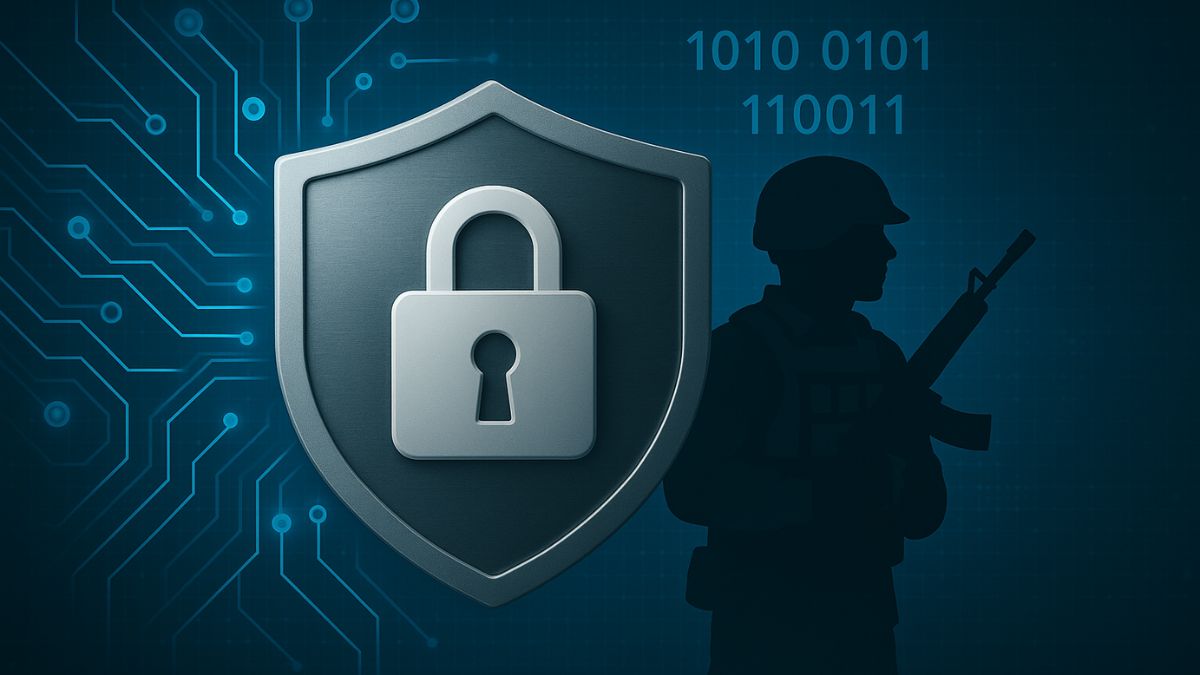A recent report has warned that India’s digital forensics capabilities need urgent upscaling to meet growing cyber and national security threats.
Released on June 5, the “Indian Digital Forensic Market Report 2025” projects an explosive 40% Compounded Annual Growth Rate (CAGR) in the sector, urging a shift from import-reliant practices to sovereign capabilities.
As digital footprints expand across sectors, especially defence, paramilitary and homeland security, digital forensics can no longer be treated as a backend support function. It is to be scaled up to a frontline tool for safeguarding national integrity, the report by Deloitte and the Data Security Council of India (DSCI) emphasises.
Why does digital forensics matter for India’s national security forces?
India’s growing digital dependence, including across military communications, critical infrastructure, and surveillance systems, has increased the vulnerability to mobile-centric cyberattacks, sabotage, and misinformation campaigns.
According to the report, 81% of forensic tech demand comes from the public sector, particularly from law enforcement and national security agencies.
The forensic sector, dominated by mobile forensics (51% share), is now crucial for:
- Tracking terrorist activity across encrypted platforms.
- Investigating cross-border cyber intrusions.
- Securing digital communication in military and paramilitary operations.
- Validating battlefield data and sensitive internal documentation in legal frameworks.
For paramilitary and defence personnel tasked with operating in insurgency-hit or hostile environments, the ability to extract, verify and act on digital evidence quickly could be the difference between mission success and failure.
What steps are needed to build a sovereign digital forensic ecosystem?
The report outlines a strategic roadmap, recommending:
- A sharp increase in indigenous R&D to reduce over-reliance on imported forensic tools.
- A unified legal and regulatory framework to enhance the admissibility of digital evidence in courts.
- Establishment of Centers of Excellence across regions and modern labs integrated with AI-powered analytics.
Critically, India is facing a shortfall of nearly 90,000 forensic professionals, a gap that could undermine national efforts unless backed by rapid education, certification, and skill development programmes.
For military applications, these steps translate to building defence-grade digital labs, strengthening public–private partnerships with companies specialising in secure tech, and integrating cyber forensics into standard operating procedures for Army, Navy, Air Force, CAPFs, and Coast Guard missions.
India’s ability to lead in digital accountability and battlefield transparency will depend on how fast it adapts its forensic capabilities to meet both internal and cross-border threats. As the report puts it, this is no longer just a compliance measure— it’s a strategic enabler of trust, deterrence, and digital sovereignty.
